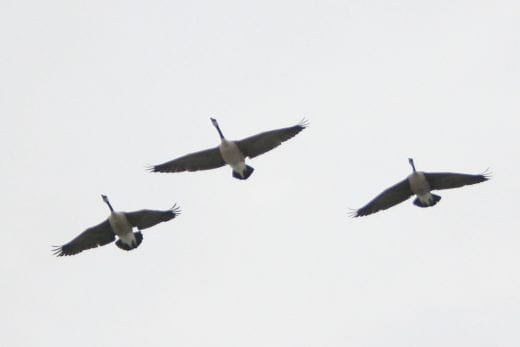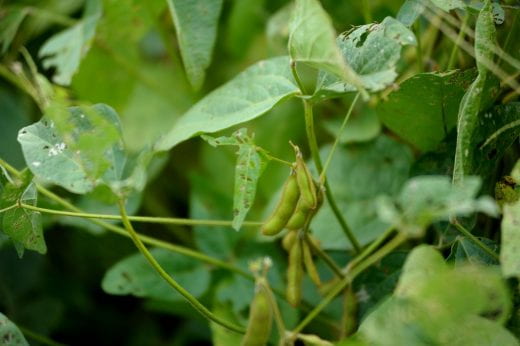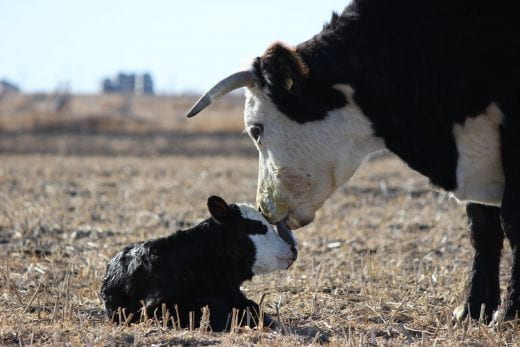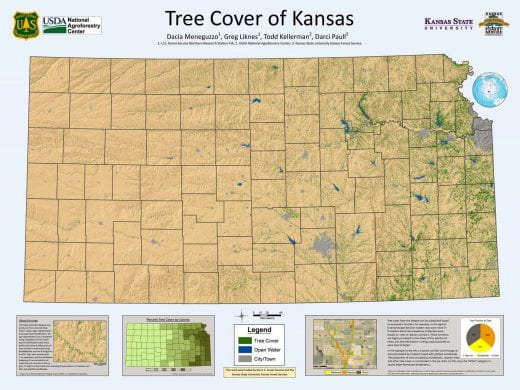In today’s Better Kansas, find information on food safety, navigating legal and financial issues for stepfamilies, community coalitions, fall perennials for the garden, the 2020 Beef Stocker (Virtual) Field Day and farm family assistance through the Kansas Agricultural Mediation Services. This is a small glimpse of what K-State Research and Extension across the state has to offer. Share on social media and subscribe! – Mary Lou Peter mlpeter@ksu.edu
Better Living, Better Communities
THIS HEADLINE CAUGHT MY EYE: TAKE TIME TO VENT! No, it doesn’t refer to an animated political discussion at the dinner table. It’s a recent article about pressure canning in the September “YOU ASKED IT” food safety e-newsletter. Check out several months’ worth of tips on food safety, food preservation, food labels and more. Did you know that an estimated 32 million Americans have a food allergy? All the more reason why accurate food labels are important.
 IT’S NOT A COMFORTABLE TOPIC BUT I’VE COME ACROSS A RESOURCE that would have been helpful to me and others I know, had it existed at the time. It addresses Understanding Financial and Legal Matters for Stepfamilies. In addition to various scenarios that may play out once a blended family is formed, this fact sheet is a reminder about the important questions couples should ask themselves (and each other) when considering marrying and blending a family. They could also be good conversation points for already married couples who could use an occasional tune-up. Again, it’s not a comfortable topic but many important conversations in life are not easy. A little upfront discussion, however, may keep things running smoothly down the road.
IT’S NOT A COMFORTABLE TOPIC BUT I’VE COME ACROSS A RESOURCE that would have been helpful to me and others I know, had it existed at the time. It addresses Understanding Financial and Legal Matters for Stepfamilies. In addition to various scenarios that may play out once a blended family is formed, this fact sheet is a reminder about the important questions couples should ask themselves (and each other) when considering marrying and blending a family. They could also be good conversation points for already married couples who could use an occasional tune-up. Again, it’s not a comfortable topic but many important conversations in life are not easy. A little upfront discussion, however, may keep things running smoothly down the road.
 ONE OF THE THINGS EXTENSION SERVICES ACROSS THE COUNTRY DO INCREDIBLY WELL, including K-State Research and Extension, is to bring people together for the mutual benefit of all. One of my colleagues brought the Kitchen Restore program to my attention recently as just one example of how communities benefit when we help link people with available resources. In this instance, a county extension office has joined forces with numerous local and regional agencies to serve citizens in the Flint Hills region of Kansas. County and district extension agents and specialists across the state work like this with partners in many beneficial ways. Check out your local office to see what yours is up to.
ONE OF THE THINGS EXTENSION SERVICES ACROSS THE COUNTRY DO INCREDIBLY WELL, including K-State Research and Extension, is to bring people together for the mutual benefit of all. One of my colleagues brought the Kitchen Restore program to my attention recently as just one example of how communities benefit when we help link people with available resources. In this instance, a county extension office has joined forces with numerous local and regional agencies to serve citizens in the Flint Hills region of Kansas. County and district extension agents and specialists across the state work like this with partners in many beneficial ways. Check out your local office to see what yours is up to.
Better Farming, Ranching and Gardening
IF YOU’RE LOOKING TO ADD NEW COLOR TO YOUR LANDSCAPE that comes back year after year, take a look at Captivating Summer Perennials for suggestions. I can just see that Helenium as a backdrop to a couple of pots of fall chrysanthemums (aka mums). I agree though, that its other name – Sneezeweed – would be pretty hard to live down. Oh, and they attract pollinators and are deer- and rabbit-resistant. What’s not to like?!
 AS WITH MANY EVENTS THIS YEAR AND TO KEEP EVERYONE AS SAFE AS POSSIBLE, THE K-STATE BEEF STOCKER FIELD DAY will be held in a virtual format on Thursday, Oct. 1. Register now to hear about strategies to make alternative ration ingredient changes work; hear the latest beef cattle market outlook; and learn about the economic, nutrition and management aspects of limit feeding. Wes Ishmael of Beef Magazine and Cattle Current will serve as moderator and Mike Day, head of K-State’s Department of Animal Sciences and Industry and Dale Blasi, professor and K-State Research and Extension beef specialist will provide a welcome and overview. We’ll miss the prairie oysters and Call Hall ice cream but will look forward to partaking next year!
AS WITH MANY EVENTS THIS YEAR AND TO KEEP EVERYONE AS SAFE AS POSSIBLE, THE K-STATE BEEF STOCKER FIELD DAY will be held in a virtual format on Thursday, Oct. 1. Register now to hear about strategies to make alternative ration ingredient changes work; hear the latest beef cattle market outlook; and learn about the economic, nutrition and management aspects of limit feeding. Wes Ishmael of Beef Magazine and Cattle Current will serve as moderator and Mike Day, head of K-State’s Department of Animal Sciences and Industry and Dale Blasi, professor and K-State Research and Extension beef specialist will provide a welcome and overview. We’ll miss the prairie oysters and Call Hall ice cream but will look forward to partaking next year!
 FARMERS WERE ALREADY UNDER STRESS FROM LOW COMMODITY PRICES, WEATHER CHALLENGES AND TRADE DISPUTES last spring. Then COVID-19 and implications for agricultural production and markets came calling. And that doesn’t even take into account that some parents are now filling in as teacher’s aides or, in some cases, teachers if the children are learning from home. Among the organizations available for farmers and their families who could use some confidential help with managing farm finances, working with lenders and government agencies and legal representation is Kansas Agricultural Mediation Services or KAMS. Contact KAMS at 1-800-321-FARM (3276) or kams@ksu.edu.
FARMERS WERE ALREADY UNDER STRESS FROM LOW COMMODITY PRICES, WEATHER CHALLENGES AND TRADE DISPUTES last spring. Then COVID-19 and implications for agricultural production and markets came calling. And that doesn’t even take into account that some parents are now filling in as teacher’s aides or, in some cases, teachers if the children are learning from home. Among the organizations available for farmers and their families who could use some confidential help with managing farm finances, working with lenders and government agencies and legal representation is Kansas Agricultural Mediation Services or KAMS. Contact KAMS at 1-800-321-FARM (3276) or kams@ksu.edu.
_
For more resources and activities, contact the K-State Research and Extension office in your area. Check out our other blogs and subscribe to our weekly emails here: https://www.ksre.k-state.edu/news/blogs/





















